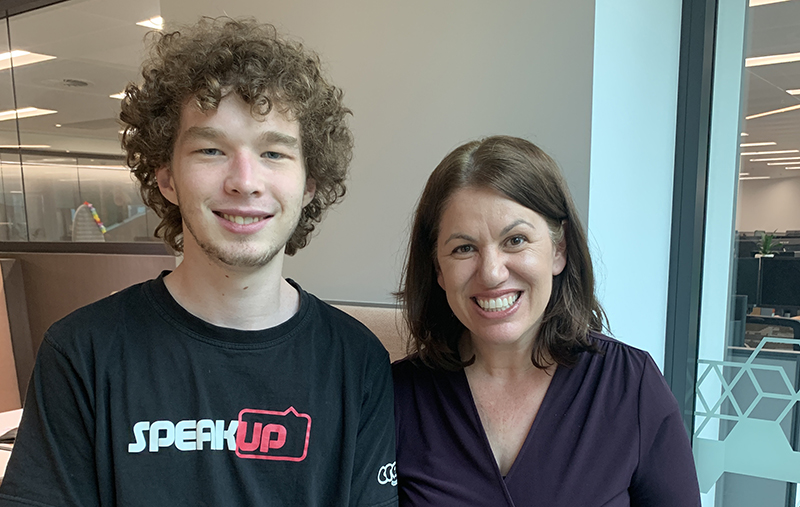Search
Showing results for "mental health aboriginal"
Research
Research using linked data to explore outcomes for children who have left out-of-home careThe Kids Research Institute Australia has been commissioned to investigate outcomes for children who have left out-of-home care and are currently 25 years of age.
Research
Metabolomics to predict asthma in children (MAP Study)Childhood asthma begins as wheeze (a whistling sound produced by the airways during breathing) during preschool age.
Research
Delivery at 37 weeks' gestation is associated with a higher risk for child behavioural problemsWe suggest that 37 weeks' gestation may not be the optimal cutoff for defining perinatal risk as it applies to behavioural development.
Research
Breastfeeding and early child development: A prospective cohort studyBreastfeeding has been associated with multiple developmental advantages for the infant; however, there have also been a number of studies that find...

Strengths-based, tiered, accessible, resources and supports (STARS) for Kids for parent, carers and their children.
Research
Impact of fetal treatments for congenital diaphragmatic hernia on lung developmentThe extent of lung hypoplasia impacts the survival and severity of morbidities associated with congenital diaphragmatic hernia.
News & Events
National Grants for Innovative Child Health ResearchPerth's Telethon Institute for Child Health Research has been awarded more than 3 million dollars from the National Health and Medical Research Council (NHMRC)

News & Events
Report showing poor outcomes for young people who’ve been in out-of-home care underscores need for more supportA The Kids report which found young people leaving foster care are in desperate need of more help transitioning to adulthood has lent strength to a national push to extend formal support to the age of 21.
Research
Are outcomes for childhood leukaemia in Australia influenced by geographical remoteness and Indigenous race?Presenting features, biology and outcome for childhood leukaemia are known to vary by ethnic origin, geographic location and socioeconomic group. This study aimed to compare presentation patterns, follow-up and clinical outcomes in Indigenous and non-Indigenous children with acute leukaemia in Australia, and to assess the impact of remoteness and area-based socioeconomic disadvantage on outcome.
Research
BEAT CF pulmonary exacerbations core protocol for evaluating the management of pulmonary exacerbations in people with cystic fibrosisCystic fibrosis (CF) is a rare, inherited, life-limiting condition predominantly affecting the lungs, for which there is no cure. The disease is characterized by recurrent pulmonary exacerbations (PEx), which are thought to drive progressive lung damage. Management of these episodes is complex and generally involves multiple interventions targeting different aspects of disease. The emergence of innovative trials and use of Bayesian statistical methods has created renewed opportunities for studying heterogeneous populations in rare diseases.
